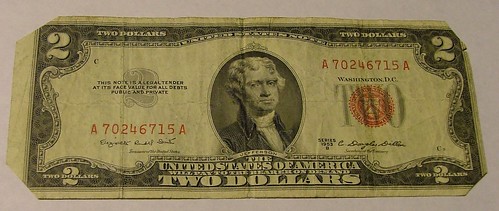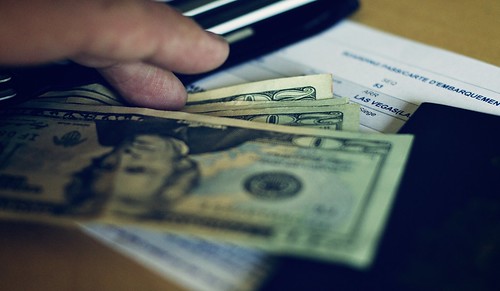When you file for bankruptcy you limit your options for many future loan options so you may want to consider alternatives to bankruptcy like http://bankruptcyx.com/. Many banks do not forgive bankruptcy and it shows on your credit report for 10 years. Think twice before making the decision to file for bankruptcy. You might want to defer your bills for a couple of months, instead of hurting your credit for 10 years.
Educate yourself about the bankruptcy process. You can increase your knowledge of the bankruptcy process by conversing with a bankruptcy attorney or by carrying out independent research on the internet. Whichever method you chose to increase your knowledge of the bankruptcy process, it is vital that you comprehend how filing for bankruptcy will affect yourself, your family and your creditors.
Filing for bankruptcy will not only just stop credit card companies from harassing you about debt. It will wipe out many of your debts, which may include utility company bills, wage garnishment and foreclosure. It will reduce all of these debts down to zero, and you will have to rebuild your credit all over.
Before you file for bankruptcy, make sure that you hire the services of an experienced local bankruptcy attorney. Hiring a bankruptcy attorney who's located geographically close to you will mean that you can contact him or her with ease. You will then be able to meet up with your attorney in person, in order to discuss your petition in greater detail.
Once you have filed for bankruptcy, do not discontinue payment on secured loans. These loans are the ones for your car or your home. Even if you are not receiving paper bills or statements on these accounts, make the regular payment on time, each month. These are likely the possessions you do not want included from the bankruptcy.
See what the value is on your home. If you are upside down on your mortgage, you may be able to eliminate your second mortgage. The main guideline for this is that your home must be worth more than what you owe on the first mortgage. This could really help your financial situation by relieving you from that large second mortgage payment each month.
Now that the article has reached its conclusion, you should be aware of what steps you can take to turn around a bad situation. Filing bankruptcy is your right. Having the proper information on the proceedings will ensure an easier go during your bankruptcy claim. These tips will certainly help you become informed.









